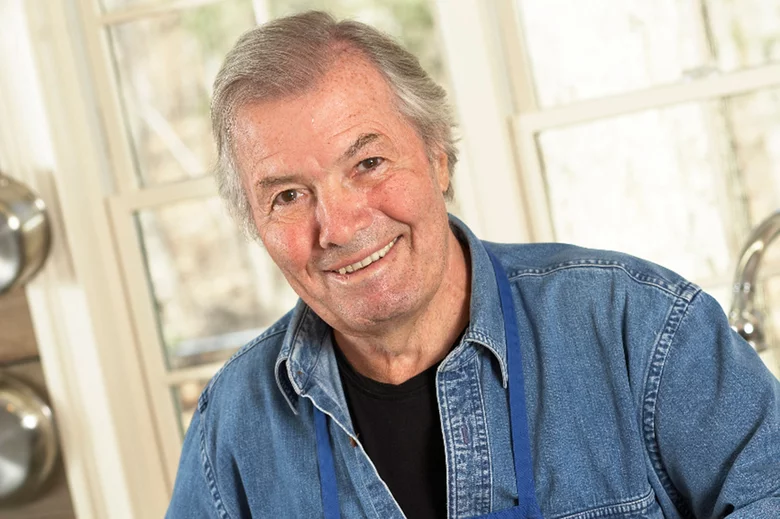On January 23rd the San Francisco Professional Food Society presented an insightful panel discussion on the future of Chinese cuisine in the US, along with The Asia Society and the Chinese Cultural Center. The panelists were (seated from left to right) Martin Yan, TV host and master chef author of 26 cookbooks, Alex Ong, Betelnut partner and executive chef, Albert Cheng, former three-term president of the Chinese Culture Center; Nicole Mones, author of the novels Lost in Translation, A Cup of Light, and The Last Chinese Chef, and moderator Olivia Wu, currently chef at Google and a former writer for the San Francisco Chronicle.
The discussion focused mostly on the challenges of finding great Chinese food in the US. While a few panelists did not mind American-style Chinese food, having traveled extensively in China, they all agreed there are many hurdles to finding truly authentic Chinese food in America. From the outset, Wu mentioned the following:
• Limits on Chinese immigration
• Lack of availability of ingredients
• The predominance of "American style" Chinese food
• Perception of Chinese food as exotic fast food--cheap and familiar
• Not knowing where to go and what to order
Wu began her comments by saying that understanding the language and food are equally important to "living" the culture of China, something Mones agreed with. She also wanted the audience to know that traditional ways of eating in China are healthful, something echoed later by Martin Yan who observed if eating Chinese food was so bad for you, how come there are 1.3 billion people in China?
Alex Ong talked about Chinese food being a "never-ending artichoke" where the more layers you peel back, the more you find. Ong explained that the problem is not unique to America. He grew up in a Chinese family in Malaysia and after visiting China for the first time in 1999 he threw away all his recipes for Chinese food, amazed at how different it was from what he had eaten his whole life.
Cheng gave a brief run down of the history of Chinese immigration and the exclusion acts that kept Chinese out of America. It was pointed out that Chinese immigrants from just a few regions end up cooking dishes from all over China, rather than specializing in regional cuisine. Cheng also recited a famous quote in Chinese that "eating is the greatest pleasure under heaven." Very true for many of us!
Ong and Wu shared a perspective about good places getting overrun, and how sometimes Chinese people don't want their favorite places becoming too popular for legitimate fear the quality will decline.
Martin Yan who recently opened a Chinese cooking academy in China said the supply of labor force was a limiting factor. In China cooking schools are more vocational than professional and they turn out good technicians, but not mature chefs. Also, culturally speaking, both Yan and Ong commiserated that becoming a chef is not well-regarded by most Chinese families who would rather their children become doctors or lawyers.
Next week read more about Chinese food in the US including the panelists tips for how to get a great Chinese meal





